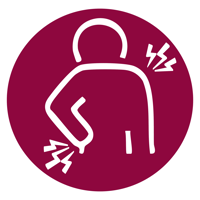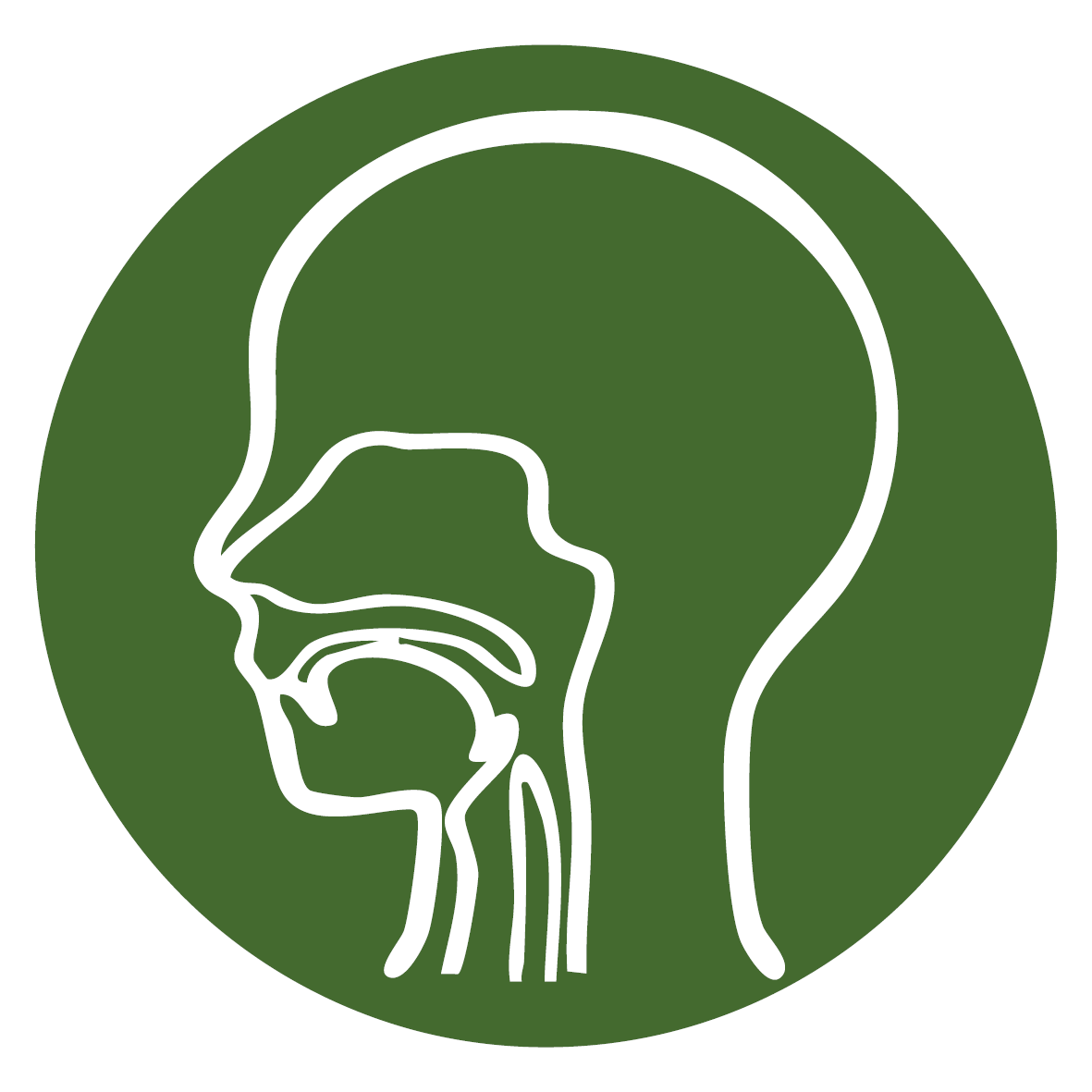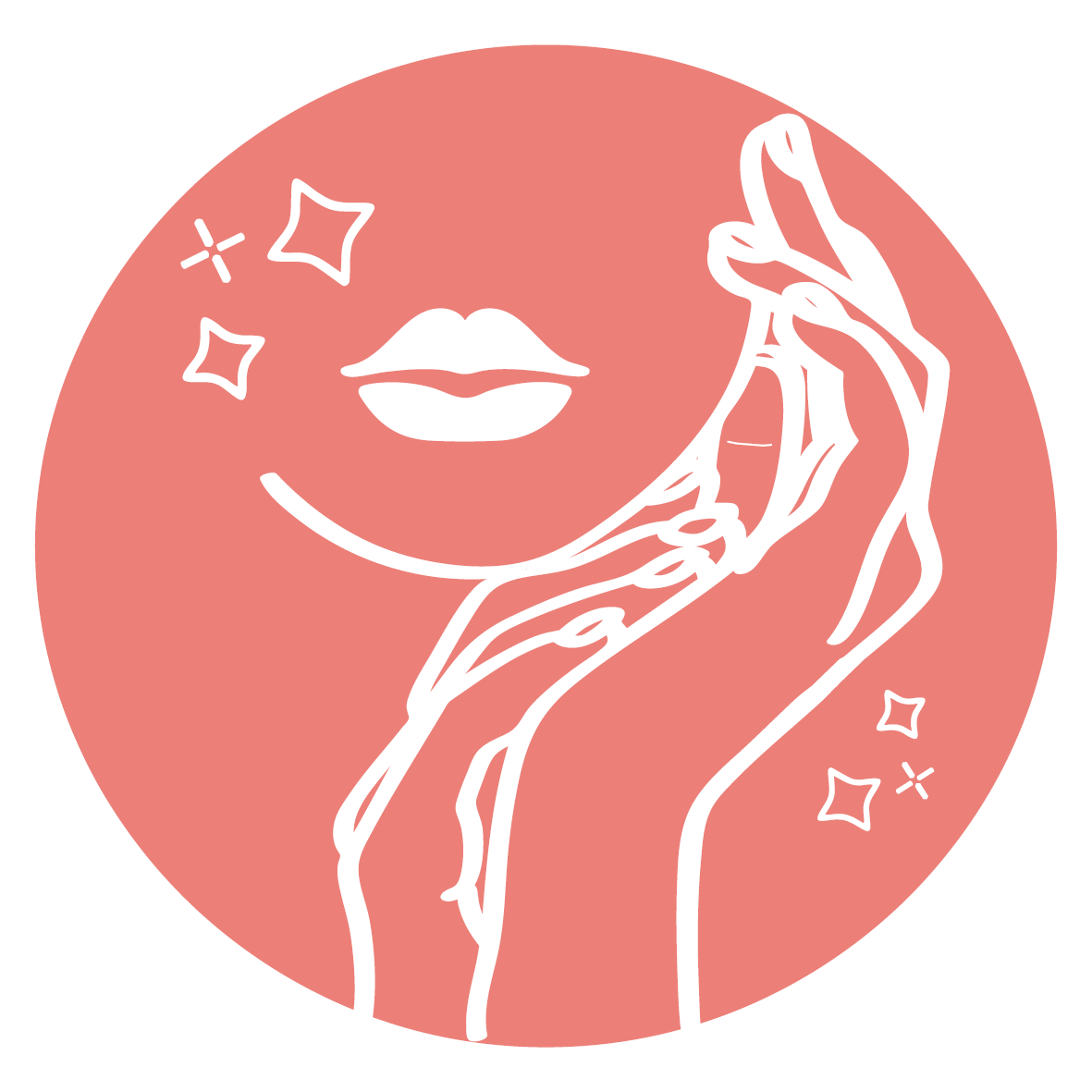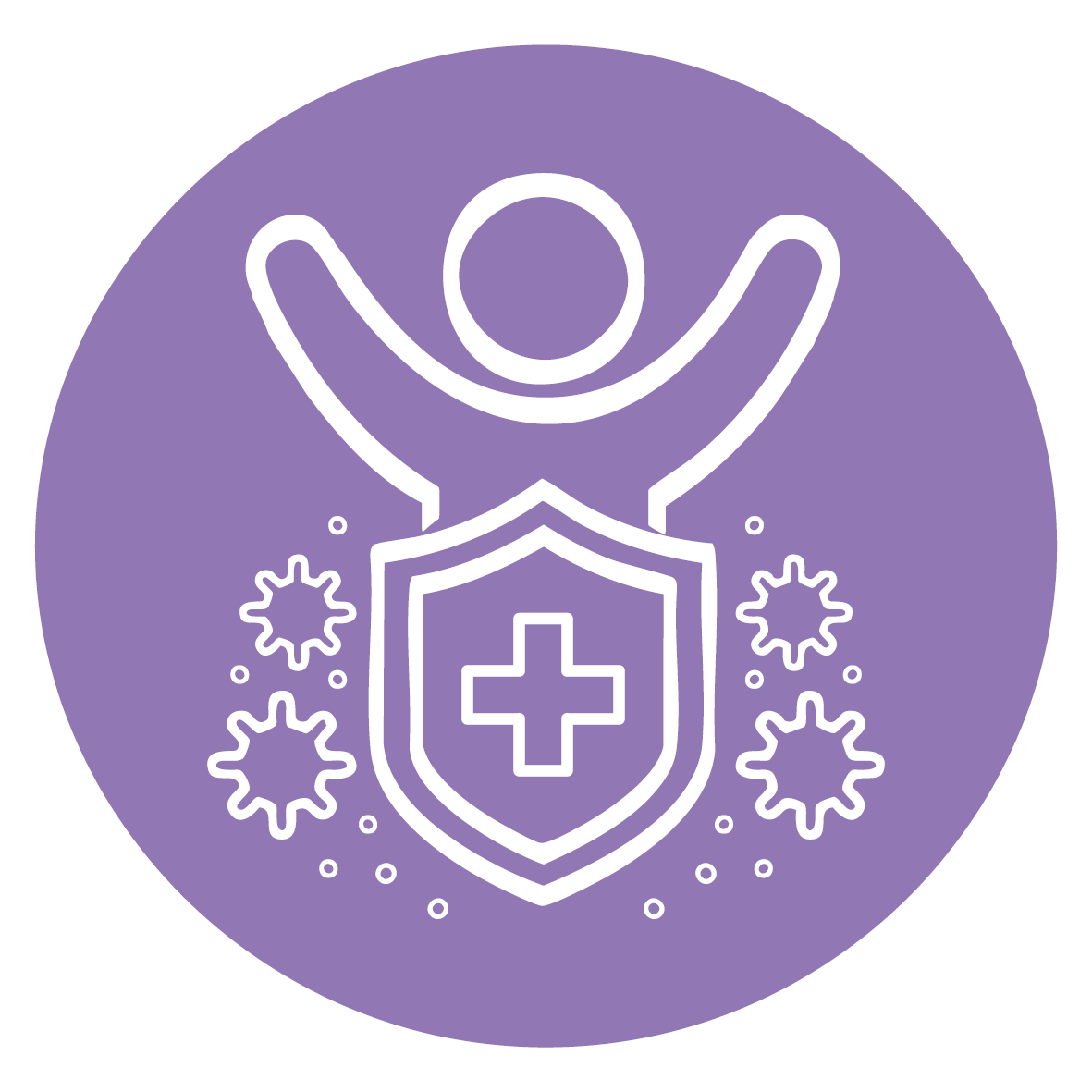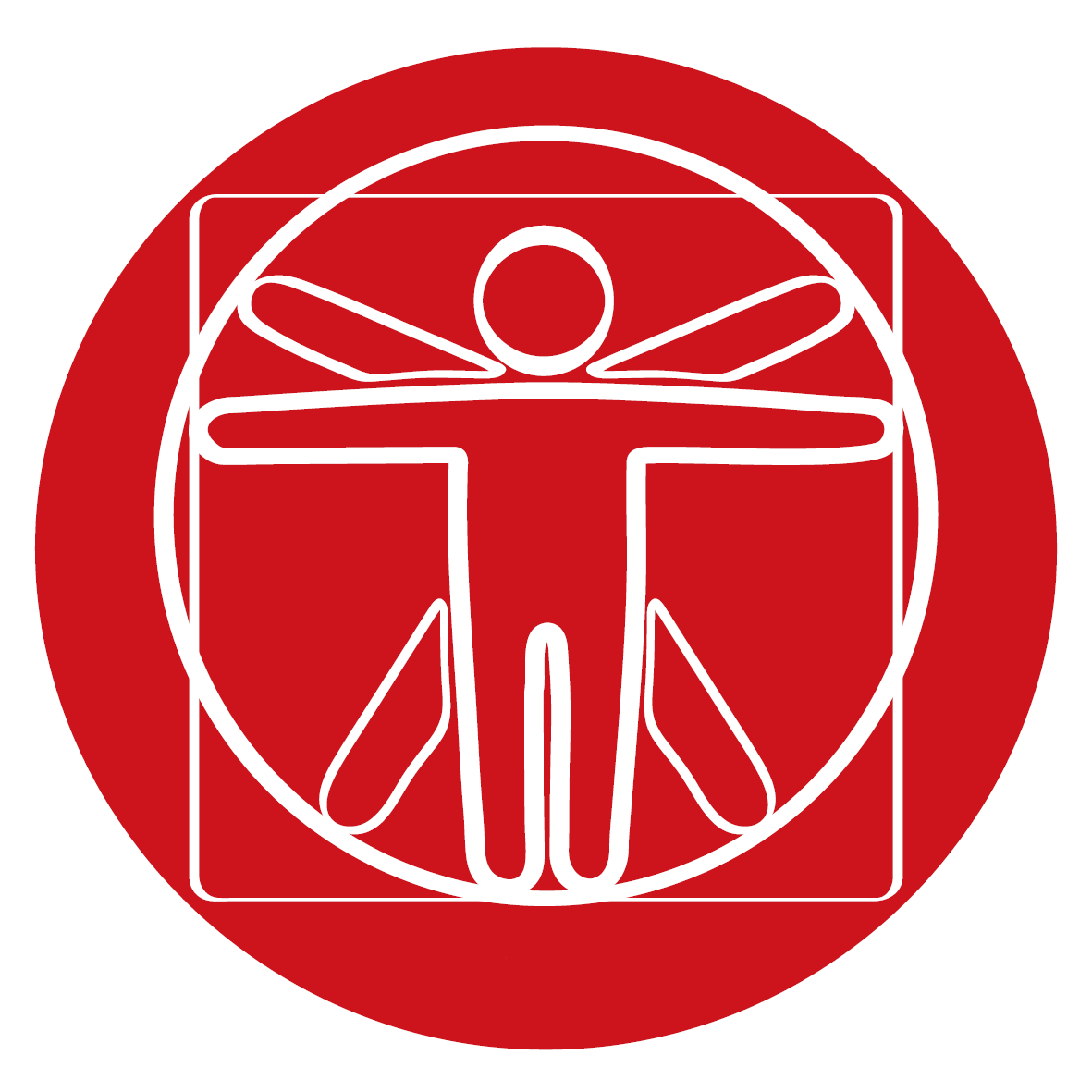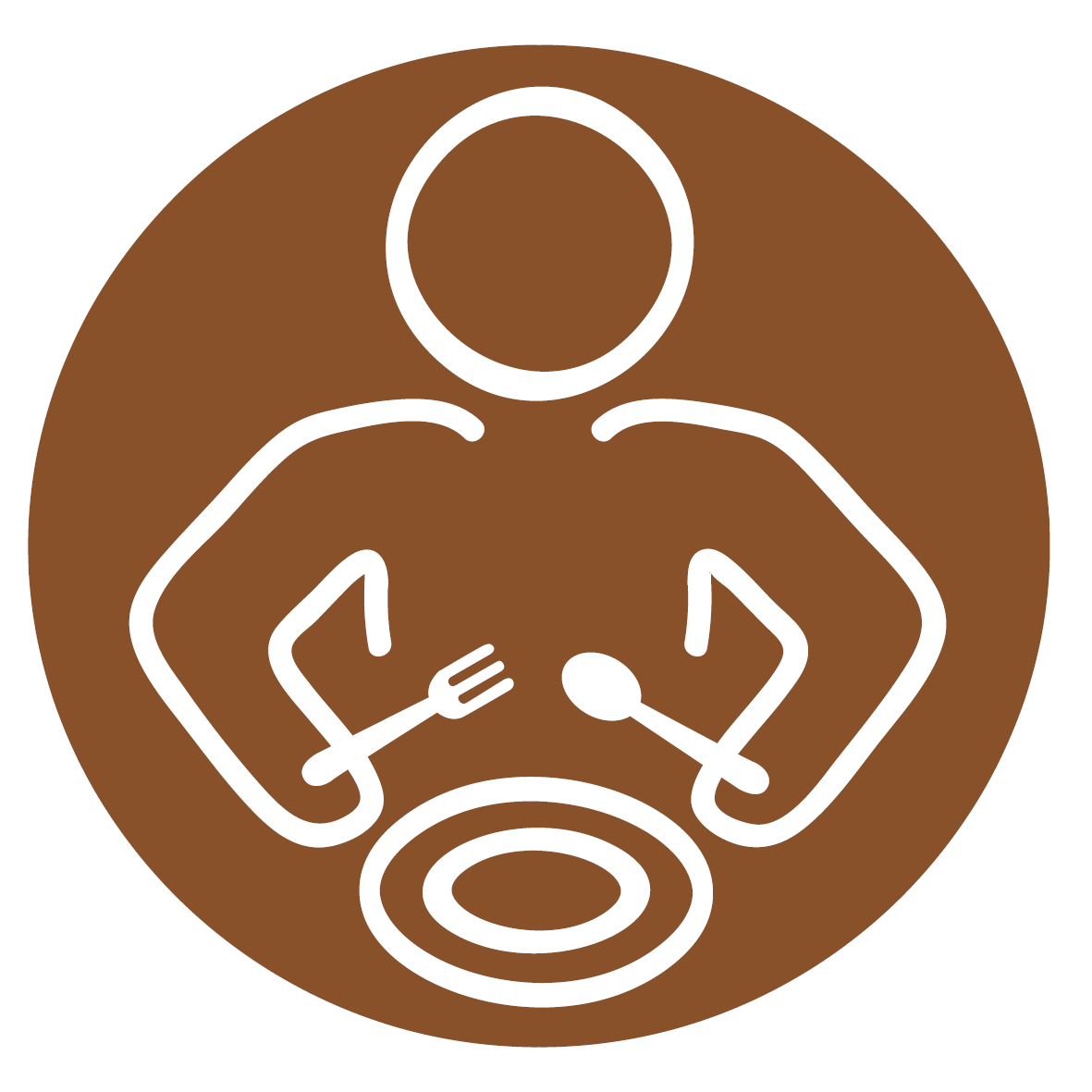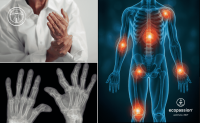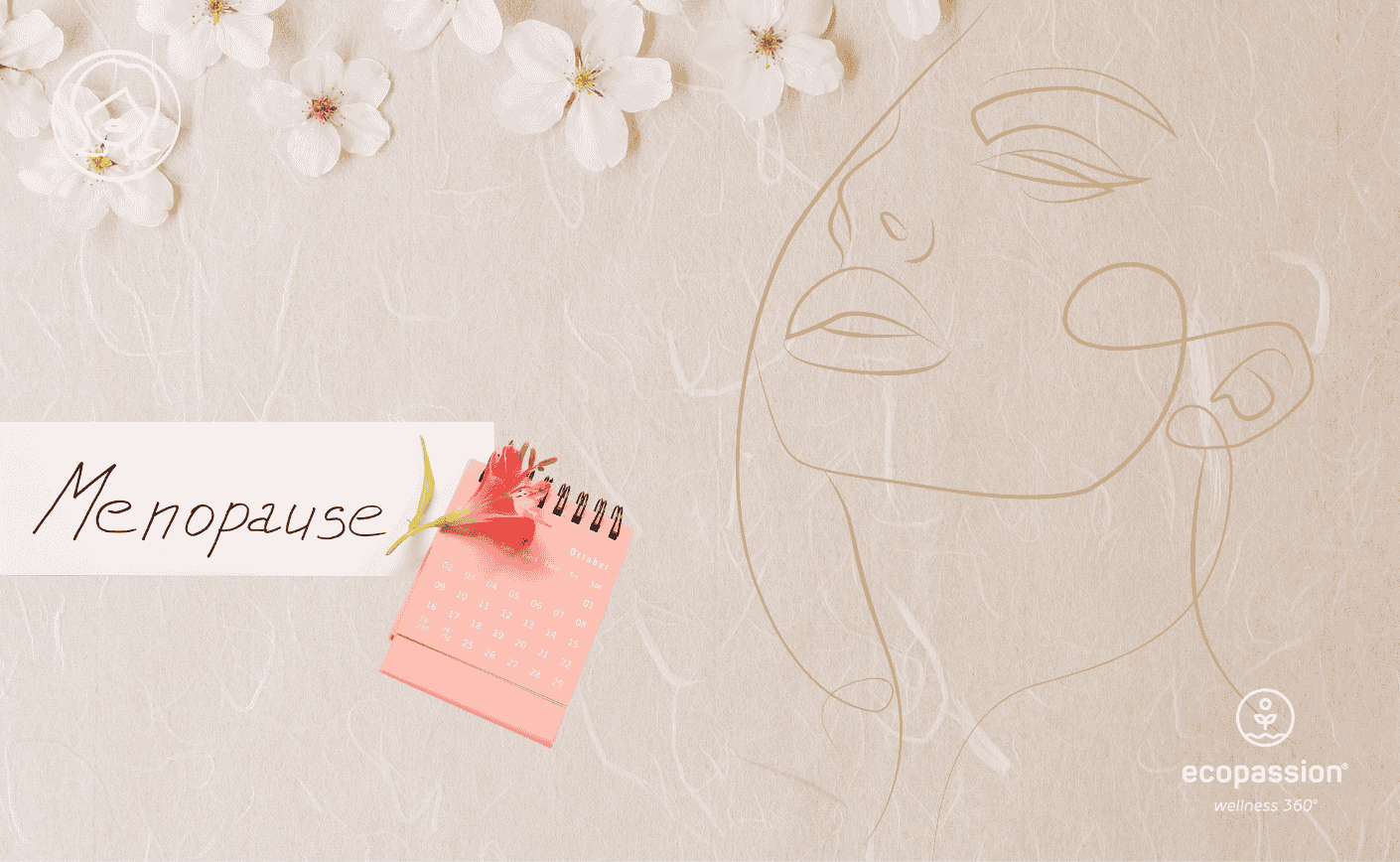
Let’s be honest: menopause isn’t the stage of life we women look forward to with eager anticipation, right? On the contrary, for many, it’s a phase that inspires fear, often surrounded by worries and uncertainties.
But where does this fear come from? On one hand, menopause is still a topic wrapped in silence, almost a taboo. Perhaps because it coincides with a moment when we are forced to confront the awareness of life’s finiteness. We realize that the myth of being Forever Young was, after all, just a myth.
On the other hand, it’s the hormonal upheaval that hits like an unexpected wave: physical and psychological changes so intense at times that we hardly recognize ourselves. Our hormones seem to be dancing a wild samba, disregarding our balance. Who hasn’t suddenly felt as fragile as a mimosa? Restless nights, sudden sweats, hot flashes that rival a Finnish sauna... all part of the “menopause package,” without us ever having ordered it! And what many women don’t realize is that this phase doesn’t start at 50, as is so often believed. It can begin as early as 35–38 and accompany us, with ups and downs, all the way into our 60s. Some symptoms, in fact, can persist for much longer.
Menopause is not a single event but a process that unfolds in different stages — four, to be precise — that many women have never even heard of. I will explore these stages in more detail later, aiming to provide clarity and share practical, concrete insights. Because yes, menopause can be challenging…
But with the right mindset, it can also evolve into a period of profound transformation — and even of rebirth.
The four phases of Menopause
The four distinct phases of menopause are: premenopause, perimenopause (which includes actual menopause), and postmenopause.
The entire transition can typically span between 5 and 15 years. It’s important to emphasize that menopause is a natural process, not a disease.
About one third of women experience no significant symptoms, another third report mild to moderate discomfort, and the remaining third may struggle with more intense and prolonged symptoms.
A woman shown in different life stages as a visual representation of the four phases of menopause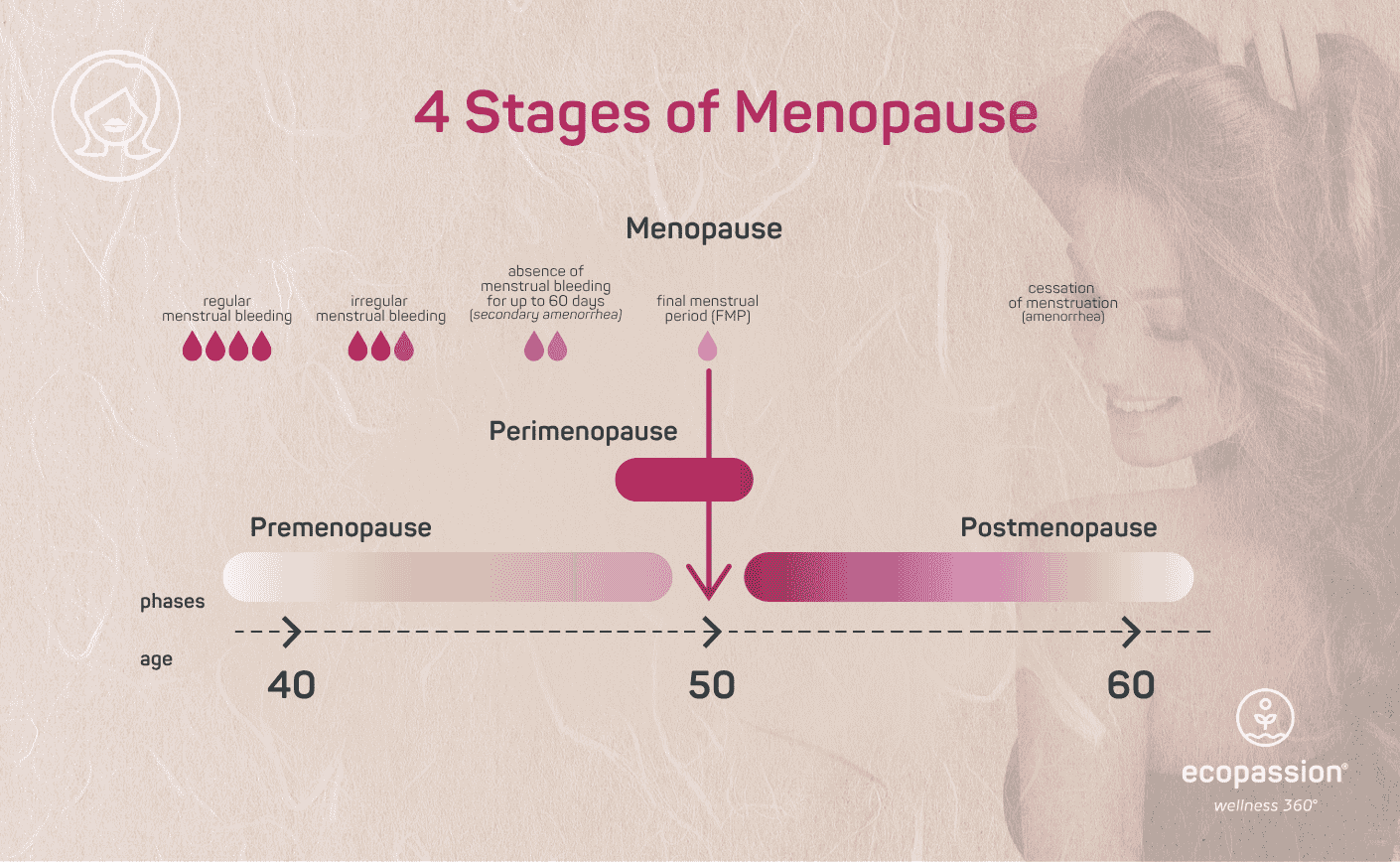
Premenopause
This first phase typically begins between ages 35 and 40 and can last 8–12 years—or even longer. Just as each woman is unique, so is her menopausal journey. During premenopause, ovulation becomes irregular—sometimes not occurring at all. Progesterone levels drop, possibly leading to relative estrogen dominance. Common symptoms include:
- Body-wide fluid retention, especially in the legs
- Tender breasts
- Headaches
- Mood swings
- Bloating and gas
- Heavier or prolonged periods due to the absence of progesterone’s balancing effect
Perimenopause
This is the defining stage of transition, typically occurring about two years before, and after the final menstrual cycle. The familiar rhythm of the female body is lost, and hormones seem to dance a carefree samba.
The typical signs include irregular cycles. Periods may stop for several months and then return once or twice. This can happen repeatedly, and even if menstruation has been absent for over a year, it may unexpectedly return — much to the dismay of many women. Yet if they knew that menstruation is like a free monthly detox week, they might mourn its absence rather than resent it.
From this point on, the ovaries gradually cease functioning. This leads to irregular and declining estrogen levels, while androgen (male hormone) levels rise slightly. The result? Some women may notice increased facial hair or a gradual thinning of scalp hair.
At the same time, male hormones can also awaken a new, previously unknown strength, helping women assert themselves in situations and relationships where they once remained silent for the sake of peace. This transformation can lead to courageous decisions, from career changes to new hobbies — and even new partners. A time of “transition”!
It is also a time when women are invited to recognize and embrace their own wishes and needs.
Common perimenopause symptoms include:
- Hot flashes / Night sweats
- Sleep issues / Insomnia
- Mood swings or depression
- Irritability
- Headaches or migraines
- Brain fog / Memory lapses
- Heart palpitations / Rapid heartbeat
- Hair changes (loss or extra growth)
- Urinary issues and infections
- Skin and mucosal dryness
- Neurodermatitis or unexplained eczema
- Pain during sex
- Peaceful intimacy may become difficult
- Vaginal dryness and discomfort
The list could theoretically go on, with additional symptoms that women may develop during menopause, such as various types of intolerances, hives, or—quite typically and frequently—thyroid problems. Many of the symptoms mentioned can also spill over from one phase to the next.
Menopause
This phase refers strictly to the day of the final menstrual period, which typically occurs between ages 50 and 52. Early menopause can result from cancer treatment or surgical removal of reproductive organs.
Postmenopause
This stage refers to the phase of life following the very last menstrual period. Some of the previously mentioned symptoms and emotional instability may still occur. In addition, the breasts often regress, and the genitalia undergo atrophy — shrinking and diminishing — which is hardly encouraging for our sense of femininity.
Because of the atrophy of the vaginal and vulvar mucosa and the resulting dryness, problems extend beyond pain during intercourse. Harmful bacteria and pathogenic germs thrive in an ideal environment, causing recurring issues such as severe itching, yeast infections, and inflammation in the vaginal area, urinary tract, and bladder.
Following the final period, hormone production declines to approximately 40% of prior levels. Estrogen is now predominantly synthesized by the adrenal glands and adipose tissue, primarily in the weaker form of estrone. Symptoms may lessen over time, but vaginal and vulvar atrophy can continue, often causing dryness, discomfort, itchiness, infections, or UTIs.
Around age 65, women enter SENIUM — a stage where hormone-driven symptoms generally diminish, although individual experiences vary.
Every menopausal story is unique
No two women experience menopause the same way. SFor some, the transition comes with unmistakable signs; for others, it’s marked only by gentle shifts or the quiet fading of monthly periods. A small group endures significant challenges—but none of this is inevitable. With modern knowledge and holistic care, every woman can feel vibrant, healthy—and yes, even sexy—in her second half of life.
Author: Ruth Niederkofler
Health Coach and Menopause Consultant





